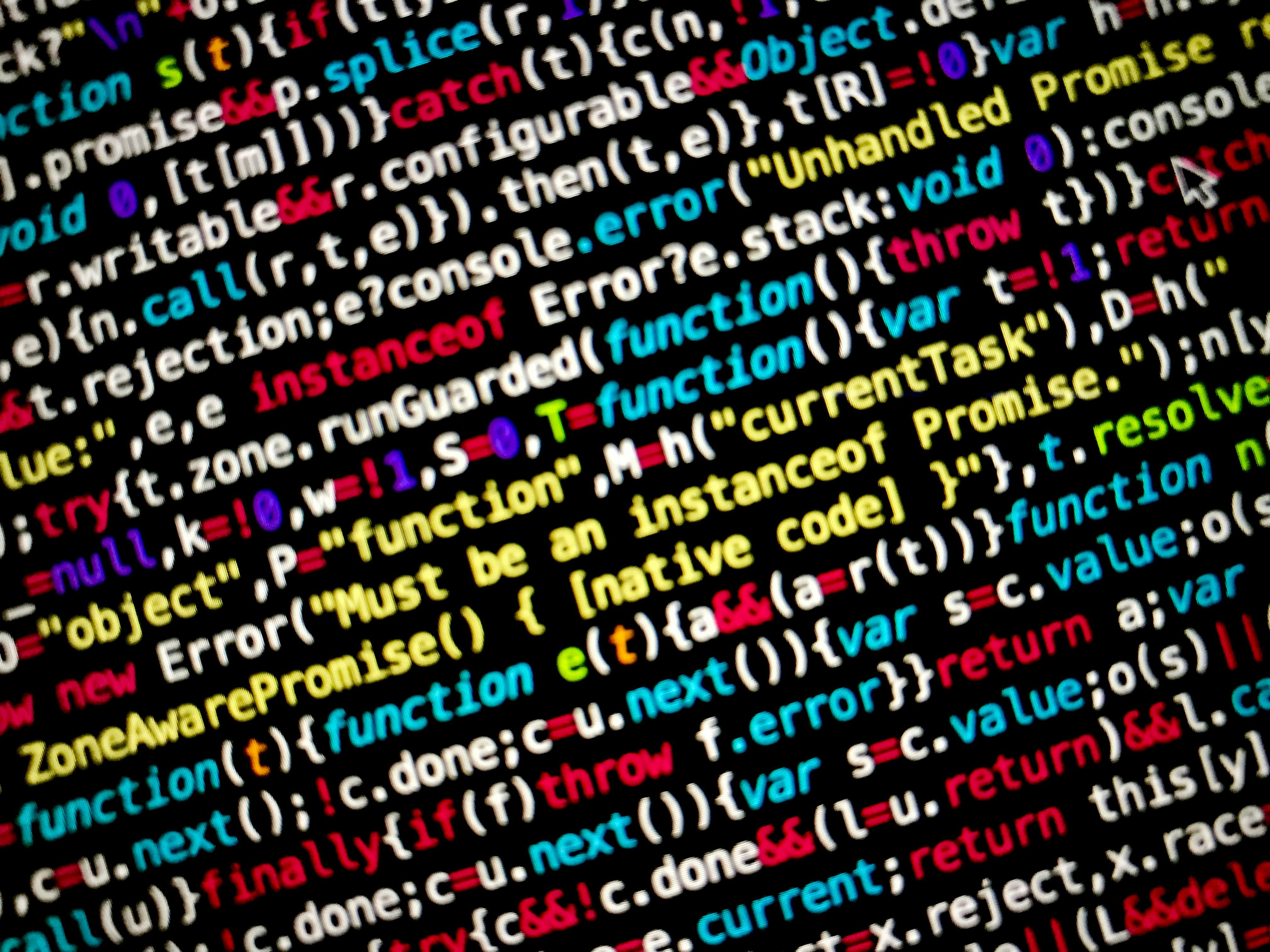Progress in negotiations leads China nearer to ending seafood embargo against Japan.
China signaled a possible easing of its ban on Japanese seafood imports on Friday, with the foreign ministry indicating it would review Tokyo's request to resume such shipments.
The Chinese foreign ministry's comment came in response to reports that the two countries had agreed on technical conditions for the resumption of Japanese seafood exports.
Spokesman Lin Jian stated that relevant Chinese authorities would evaluate Japan's request for the resumption of aquatic product shipments, adhering to scientific, safety, domestic regulations, and international trade norms.
Previously, the Chinese customs confirmed progress in the latest round of technical discussions over the safety of Japanese seafood held in Beijing earlier this week, but provided no specific details.
According to Lin, Japan pledged to implement tangible and transparent measures to ensure the safety and quality of its seafood products to meet China's regulatory standards.
Before the ban, Japanese seafood exports to China were valued around JPY75 billion (approximately US$535 million). This potential resumption could mark a significant step toward alleviating diplomatic tensions between the two nations. The ban initially came into effect in August 2023 following Japan's discharge of treated radioactive wastewater from the Fukushima Daiichi nuclear power plant into the sea.
While the overall ban on Japanese seafood may be lifted, restrictions on imports from ten Japanese prefectures, including Fukushima, remain in place, suggesting further deliberation is necessary. China's involvement in water sampling missions conducted by the International Atomic Energy Agency (IAEA) is also a part of this ongoing agreement.
The resumption of seafood imports might signify a positive development in China-Japan relations, providing a boost to Japan's seafood industry. However, broader diplomatic issues, such as territorial disputes and military activities, continue to present challenges in the relationship.
The exact timeline for the resumption of seafood imports remains uncertain as the registration and radiation checks for Japanese facilities will take several months to complete. China's continued participation in IAEA-led monitoring and sampling will ensure that water discharge meets international safety standards.
- The resumption of Japanese seafood imports could potentially boost China's domestic trade by providing new business opportunities for importers.
- In light of the potential resumption, the Japanese financial sector, including investors in the seafood industry, may view this as a positive indication for the economic relations between the two nations.
- The process of evaluating and complying with the technical conditions for the resumption of seafood trade will involve industries such as finance, science, and technology, as well as adherence to international trade norms and regulations.






